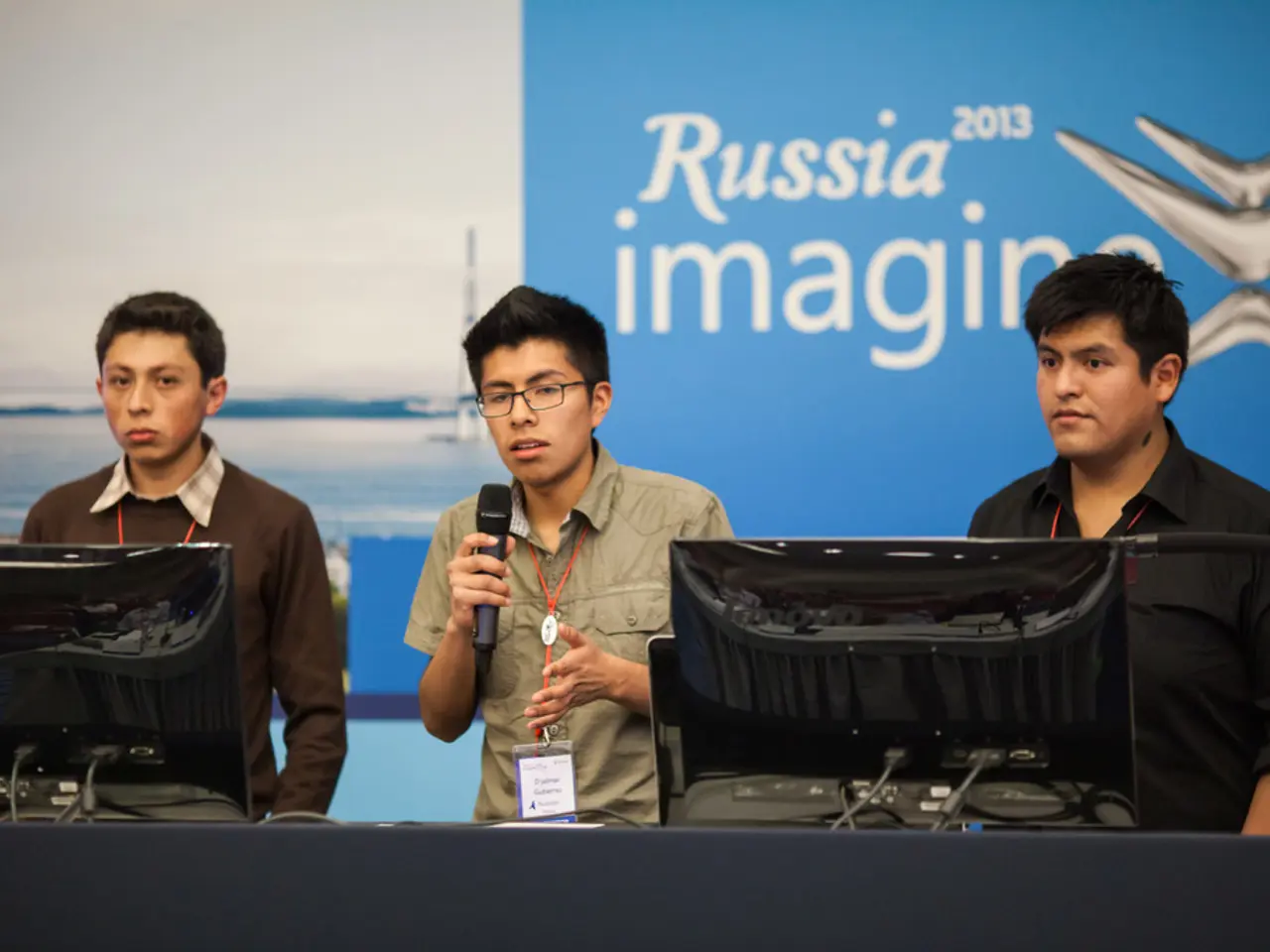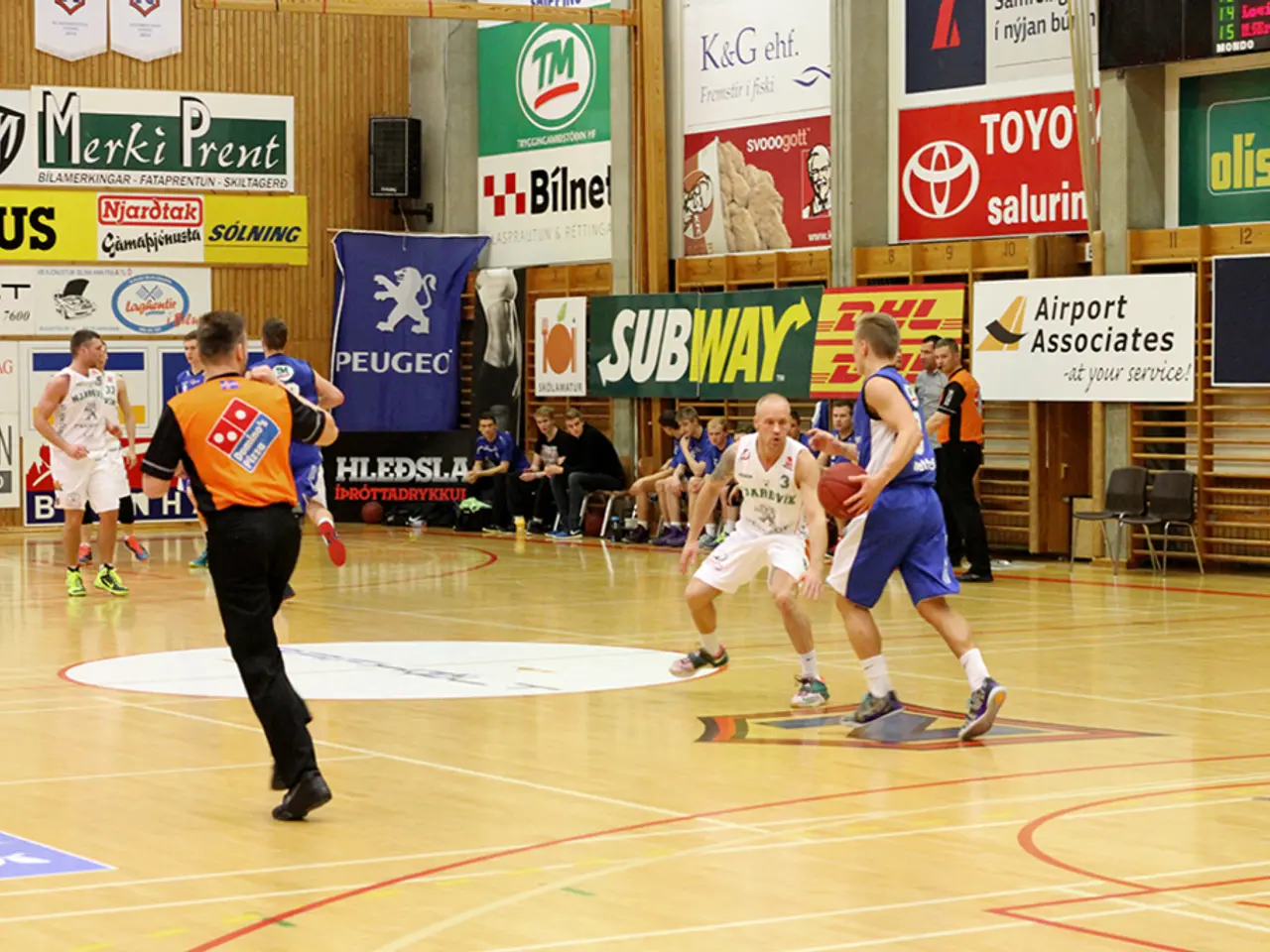Report on the State of Production and Design: Insights from the Manufacturing Sector
Autodesk's 2025 State of Design & Make Report Embraces Digital Transformation and AI
Autodesk's 2025 State of Design & Make report offers a comprehensive analysis of the future of product design and manufacturing, with a focus on digital transformation and AI integration. This year's report, sponsored by a yet-unspecified entity, delves into the key drivers reshaping the industry and provides strategic recommendations for companies looking to thrive in the evolving landscape.
The report identifies digital transformation as a consistent value driver, with organisations that have fully automated their workflows and actively integrate AI reporting significantly higher financial optimism (82%) compared to emerging (63%) and beginner (52%) groups. These "digital leaders" also tend to win more bids and are less worried about technology obsolescence.
AI integration is moving beyond hype to pragmatic use, delivering measurable value in specific workflows such as automating routine construction tasks. The report advises focusing AI adoption on targeted high-impact use cases rather than broad, optimistic claims.
AI and digital tools are key enablers for advancing sustainability in design and manufacturing. The report urges companies to balance innovation with careful budgeting, ensuring technology investments deliver tangible ROI while supporting environmental goals.
To maximize the benefits of digital transformation and AI, organisations must invest in workforce training and development, equipping employees with the skills required for next-generation design and manufacturing technologies.
High upfront costs for software licenses and hardware, particularly burdening small and medium enterprises (SMEs), remain a barrier. Data silos caused by proprietary formats and incomplete interoperability between authoring tools create friction in project handoffs, underscoring the need for open standards and partnerships fostering cross-platform workflows.
Strategic recommendations include embracing full workflow automation to achieve operational efficiencies and competitive advantage. Deploy AI purposefully on defined pain points, such as billing, notifications, and sustainability analysis, to prove concrete value. Invest in continuous workforce upskilling to adapt to evolving digital and AI tools. Balance innovation ambitions with cost-conscious planning to protect financial performance. Support and contribute to industry efforts improving software interoperability, reducing friction in multidisciplinary collaboration.
In sum, Autodesk's report advises companies in product design and manufacturing to pursue a pragmatic, strategic approach to digital transformation and AI adoption, focusing on measurable outcomes, sustainability, skill development, and overcoming practical adoption challenges as keys to thriving in the evolving industry landscape.
The sponsor's involvement in the report allows for a broader perspective on regional insights, addressing key industry challenges such as geopolitical instability, inflation, talent shortages, and AI integration. The report offers benchmarks, uncovers opportunities, and provides a strategic roadmap, with the sponsor's backing facilitating these insights. The focus on product design and manufacturing industries remains unchanged with the addition of sponsorship.
- Organizations that actively integrate AI and digital tools into their manufacturing workflows in the product design industry are experiencing higher financial optimism, reporting a significant increase (82%) compared to emerging (63%) and beginner (52%) groups.
- To thrive in the evolving landscape of the product design and manufacturing industry, companies must balance innovation with cost-conscious planning, ensuring technology investments deliver tangible ROI while supporting environmental goals, and investing in workforce training for next-generation design and manufacturing technologies.




